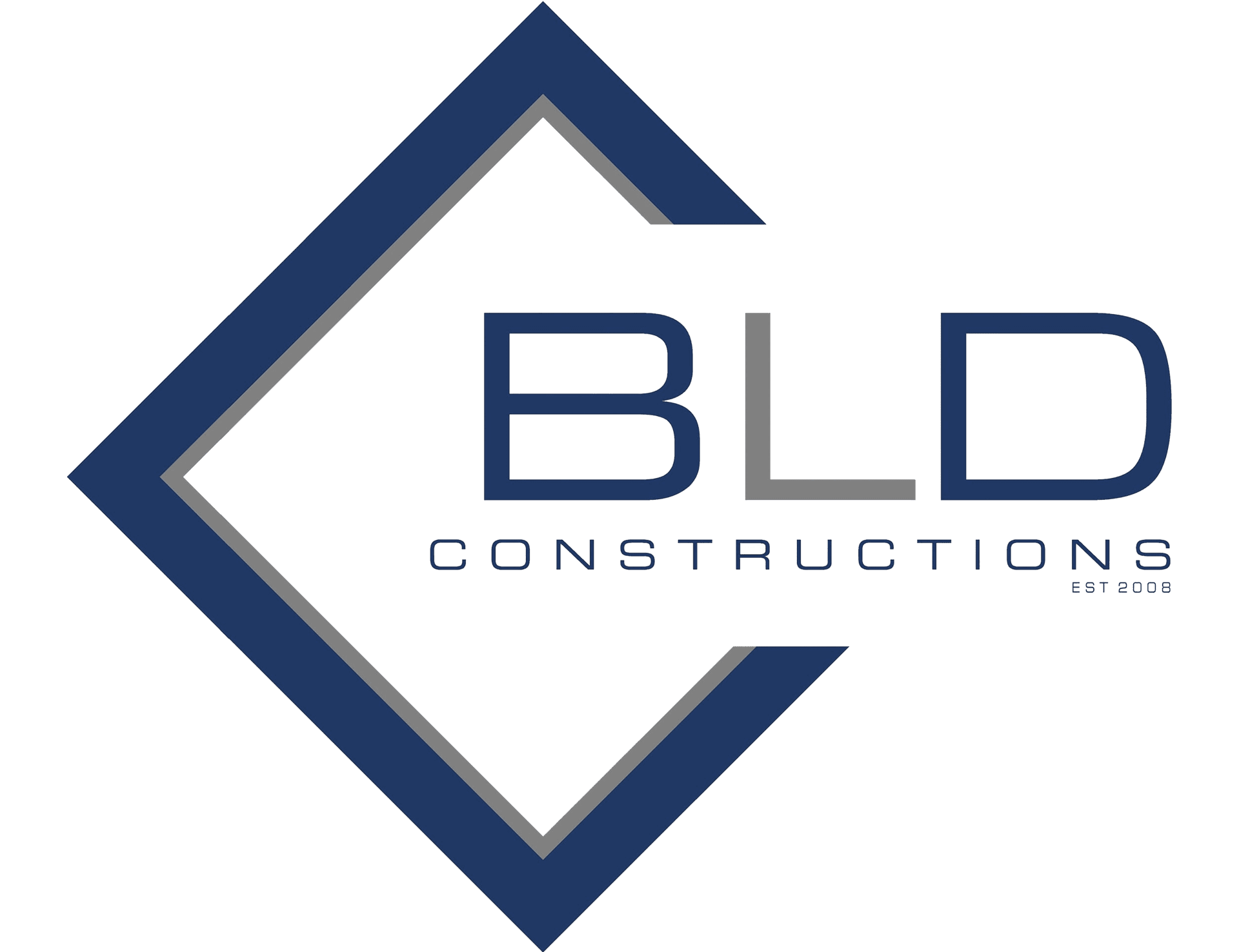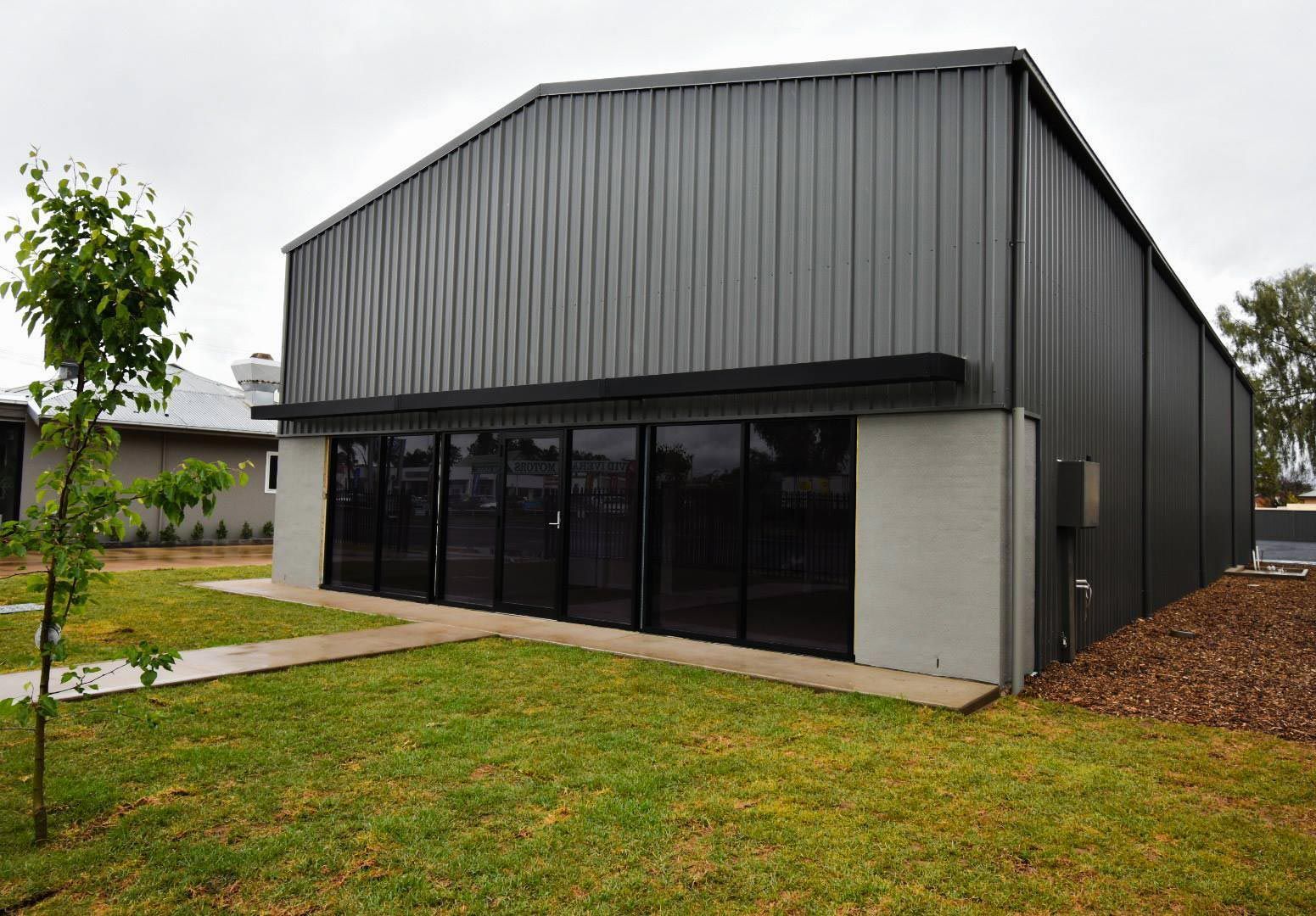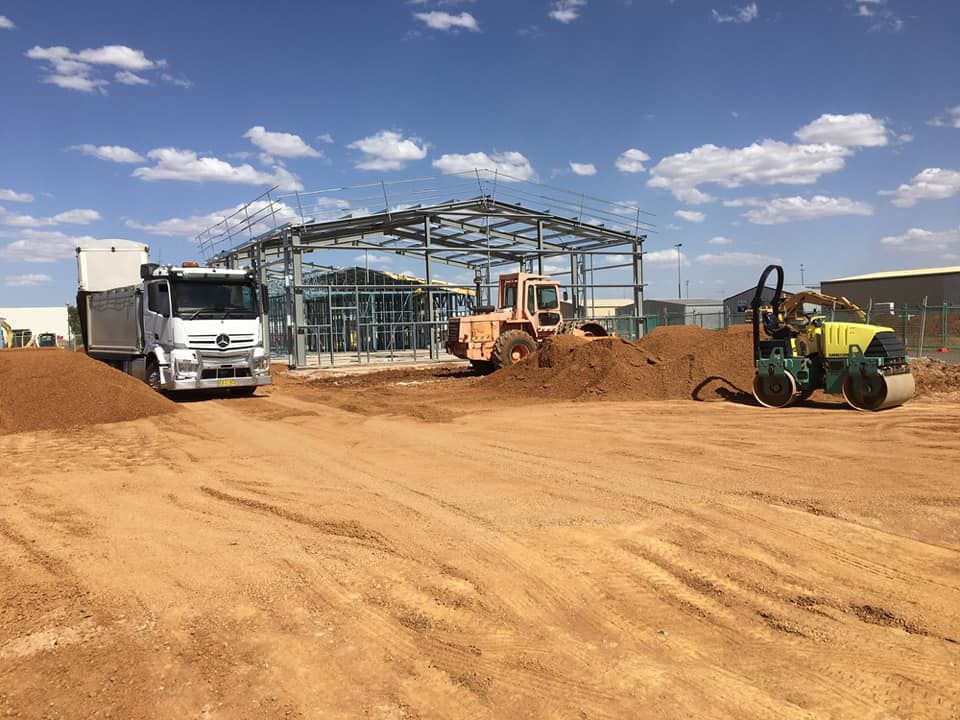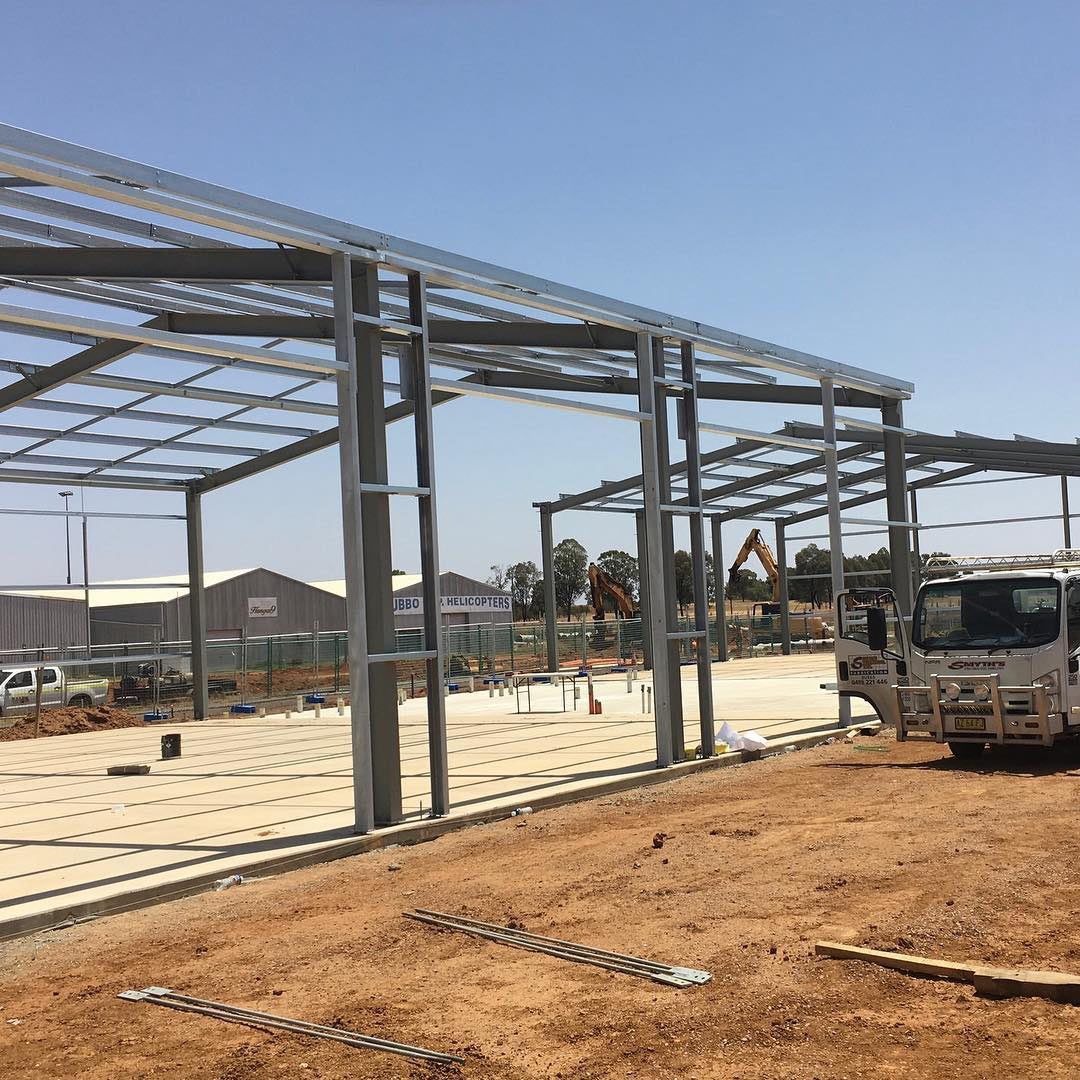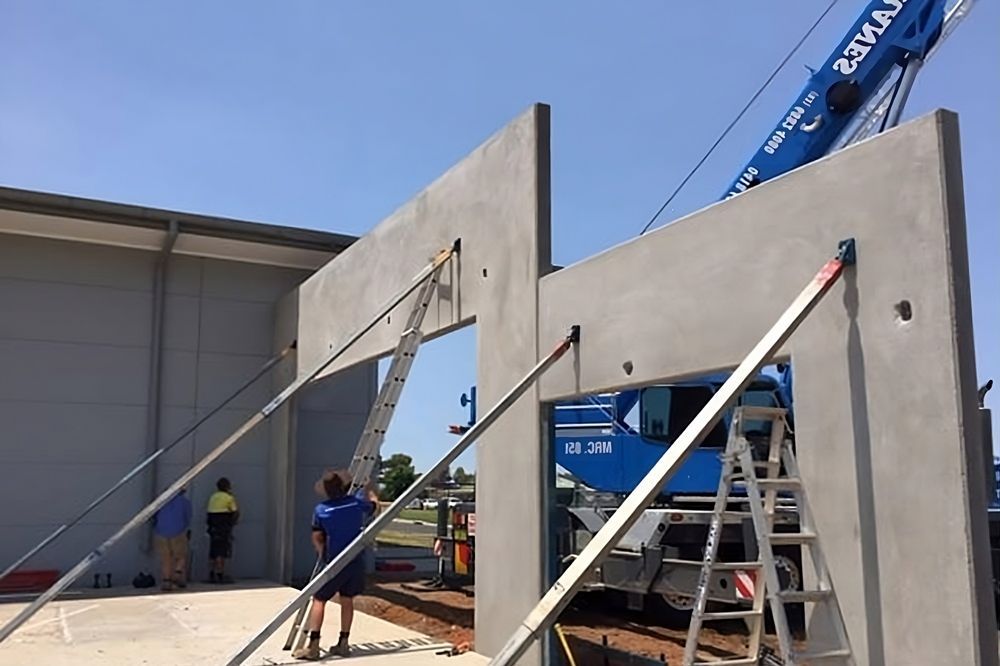Eco Builds: Various Ways To Make Environment-Friendly Builds
In the current era, where sustainability has become crucial in all aspects of life, the construction industry is no exception. Building projects demand more than just architectural beauty—they need to be aligned with environmental conservation. The impact of construction on the natural world is undeniable, yet it presents an opportunity to innovate. For property owners, business owners and architects looking to make a positive impact, partnering with a commercial builder who prioritises eco-friendly practices is essential. Here, we explore various methods to integrate eco-conscious strategies into commercial and industrial projects, ensuring each build contributes positively to our planet.
The Importance of Eco-Friendly Materials
One of the pillars of sustainable construction is the selection of eco-friendly materials. These materials are produced through processes that require less energy and reduce carbon emissions. For instance, bamboo is renowned for its rapid growth and durability, making it an excellent alternative to traditional hardwoods. Recycled steel and glass also play a critical role, offering structural strength while promoting the reuse of resources. By choosing materials that are sustainably sourced and have a lower environmental footprint, builders can drastically reduce the ecological impact of their constructions.
Harnessing Solar Power and Renewable Technologies
Incorporating renewable energy technologies, such as solar panels, into building designs isn't just an option—it's a necessity for future-proofing properties against rising energy costs and environmental regulations. Solar power systems can be integrated into nearly any type of construction, from small commercial facilities to large industrial complexes. These systems not only supply clean energy but also significantly lower utility bills, offering a long-term savings strategy while boosting the property's green credentials.
Strategic Design and Construction Techniques
The way a building is designed plays a crucial role in its environmental impact. Strategic design includes optimising the natural lighting and ventilation, which can significantly reduce the reliance on artificial heating and cooling. This approach conserves energy while enhancing the comfort of those using the building. Moreover, implementing green roofs or walls can improve air quality and provide excellent insulation. Advanced techniques like rainwater harvesting and greywater recycling are further advancements that commercial and industrial builders can implement to minimise water usage.
Green Certification and Compliance
Achieving green certification in Australia, such as through the Green Building Council of Australia’s Green Star rating system or the National Australian Built Environment Rating System (NABERS), is a significant step toward enhancing a building's sustainability profile. These certifications assess a variety of sustainability metrics including energy and water efficiency, material usage, and indoor environmental quality.
Achieving such certifications not only demonstrates a commitment to environmental stewardship but also increases a building’s appeal to eco-conscious tenants and investors. Compliance with these Australian standards ensures that buildings contribute positively to their surroundings and adhere to top-tier environmental performance benchmarks, setting a high standard in the competitive real estate market.
Building with the Future in Mind
An eco-friendly building is a statement about the values and vision of the individuals behind it. By embracing sustainable practices, builders and developers can not only ensure regulatory compliance but also contribute to a more sustainable future. This proactive approach to construction can help mitigate environmental impacts and establish a legacy of responsibility and innovation in the building industry.
Leading the Way with Sustainable Construction in Dubbo and Orange
BLD Constructions, your premier industrial builder and commercial builder serving Dubbo, Orange and surrounds, stands at the forefront of eco-friendly building solutions. By integrating sustainable materials, utilising renewable energy and employing strategic design techniques, BLD Constructions ensures each project meets or exceeds environmental standards. Contact us today to discover how we can help you achieve your vision of an environmentally friendly and economically viable property.
